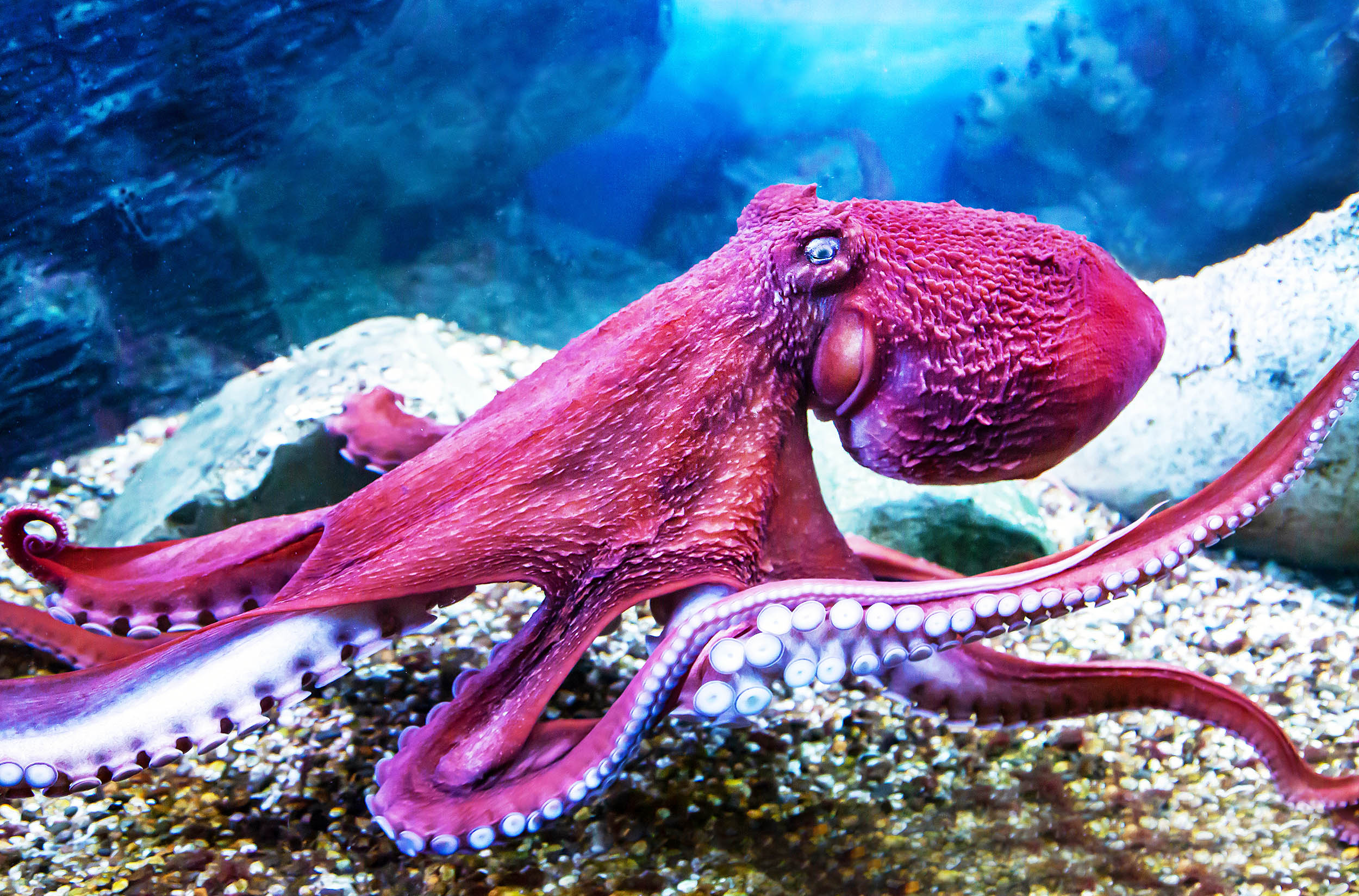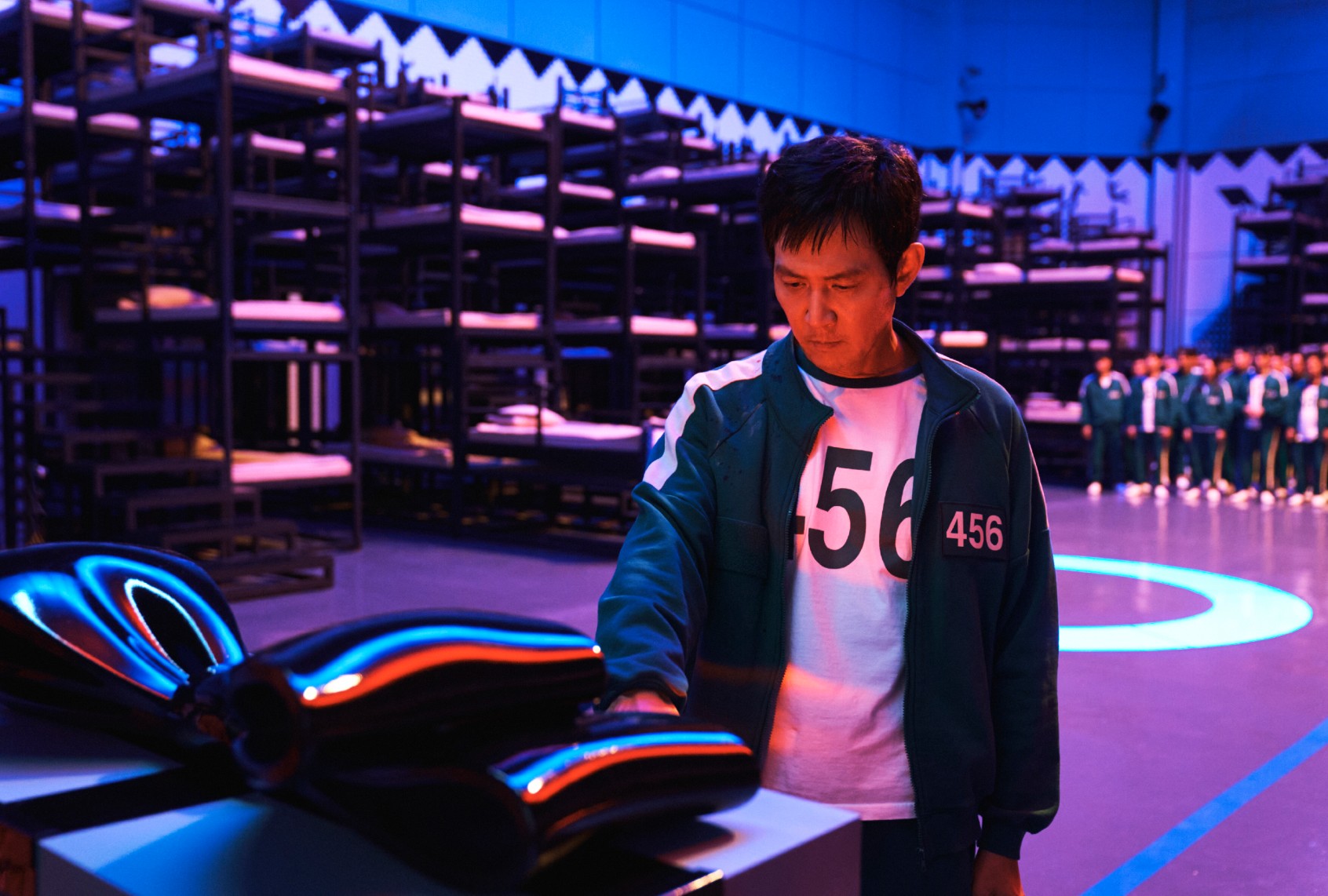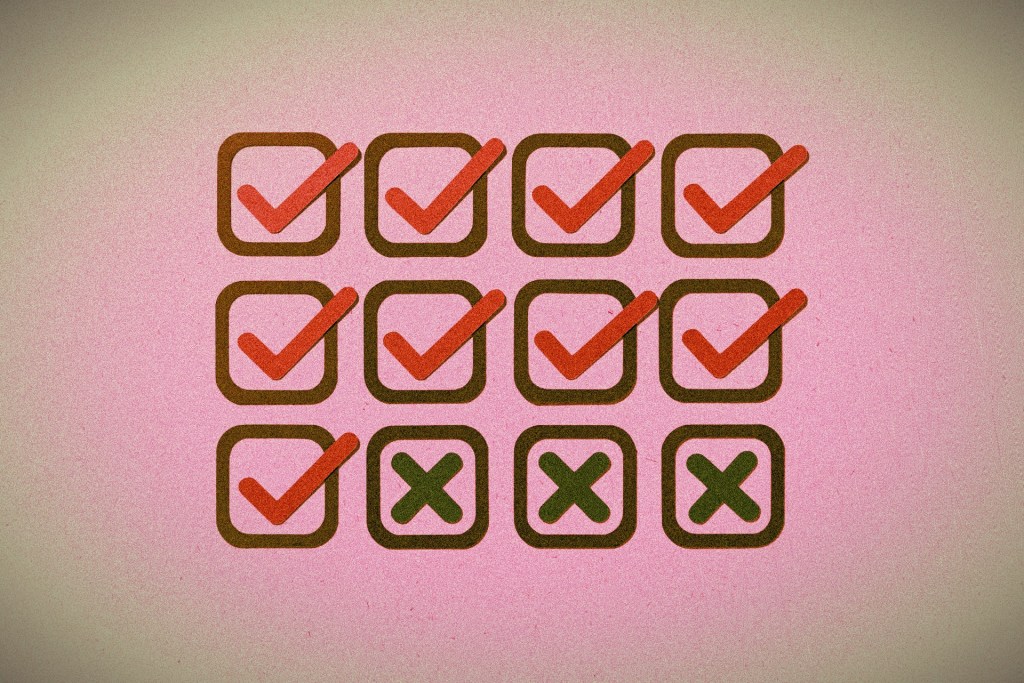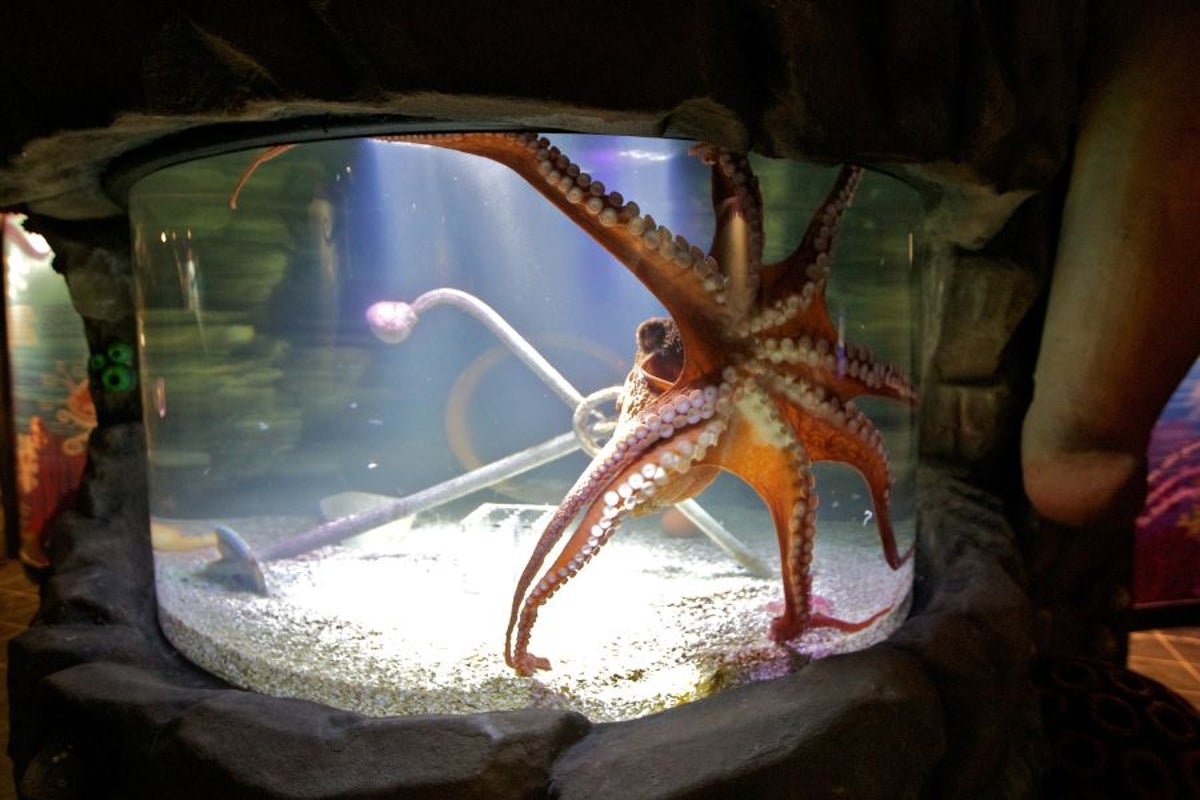T4K3.news
Octopuses fooled by rubber hand illusion
A new study reveals octopuses respond to the rubber hand illusion similar to humans.

A recent study shows octopuses respond to the rubber hand illusion, highlighting shared cognitive traits.
Octopuses experience rubber hand illusion similar to humans
Researchers at the University of the Ryukyus in Japan found that octopuses experience the rubber hand illusion, similar to humans and other animals. In the study, six octopuses had one of their arms hidden while a fake arm was stroked in sync with their real one. The octopuses exhibited defensive behaviors when the fake arm was pinched, indicating they recognized it as their own. This suggests that despite their unique brain structure, octopuses share a complex body awareness with mammals, posing new questions about consciousness.
Key Takeaways
"The illusion would suggest the ability of octopuses to anticipate and predict, which is advantageous for survival."
Yuzuru Ikeda highlights the survival benefits of the octopus's cognitive abilities.
"Our findings suggest the octopus may be an important model for studying the evolution of the sense of body ownership."
Sumire Kawashima emphasizes the relevance of octopuses in understanding body awareness.
"I am struck by the fact that the ‘posture incongruence’ condition worked as it did."
Peter Godfrey-Smith reflects on the unexpected precision of octopus cognition.
The findings from this study challenge traditional views of intelligence and self-awareness in animals. Octopuses have a vastly different neural architecture from mammals, yet they displayed similar reactions to the rubber hand illusion. This suggests that body awareness may be a more widely shared cognitive trait among living beings than previously thought. The implications for neuroscience are significant, positioning octopuses as potentially key subjects in understanding consciousness and cognition across different species.
Highlights
- Octopuses show a surprising ability to recognize a fake arm as their own.
- This revelation pushes octopuses into a significant role in neuroscience.
- The ability to anticipate and predict can be both an advantage and a flaw.
- Octopuses may hold deeper insights into animal consciousness.
Potential implications for neuroscience and animal welfare
The study raises questions about how research on animal consciousness is conducted and could lead to changes in animal models used for scientific study.
This research opens new pathways for exploring how different species perceive their bodies and consciousness.
Enjoyed this? Let your friends know!
Related News

Final season of Squid Game critiques democracy

Tim Weiner critiques Trump's impact on national security

Debate Surrounds Ethics of Modern Parenting

Trickshot videos captivate millions online
![Become A Cute Girl With “Taotao the Chanter”! [DOOD]](https://cdn.ygorganization.com/2025/07/Wikipe-tan_conducting.png)
Taotao the Chanter card introduced in the game

Samsung Galaxy Watch 8 now available

Spider-Man Noir villain ranking announced
Topre Realforce R2 keyboard review highlights luxury features
